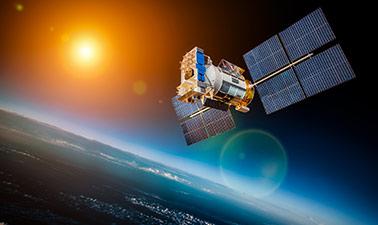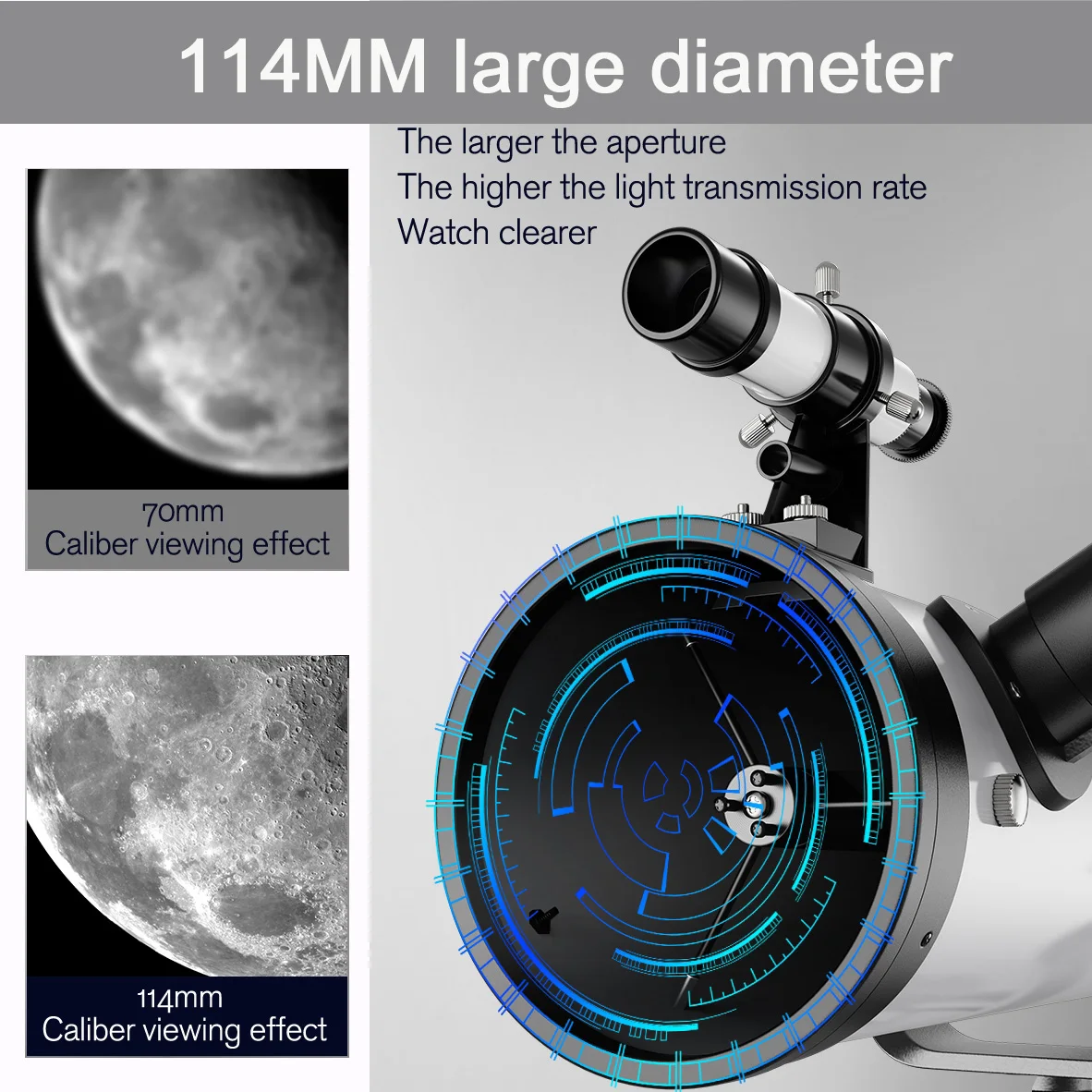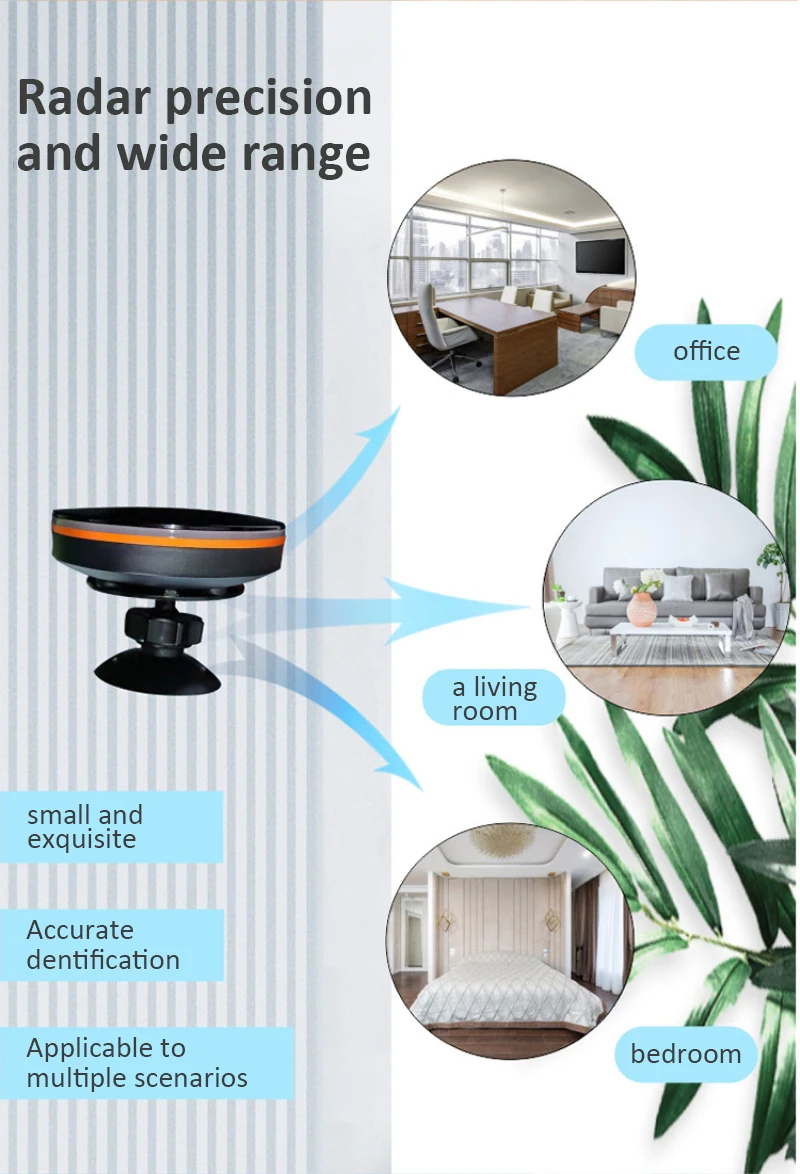The online orbit simulations on this page will help us to know in more detail how are the orbital motion, the orbital trajectories and some of the main types of orbits.
What are orbits
Orbits are the trajectories (that is why the term orbital trajectory is also used) followed by objects in space as they move around another object due to the influence of gravity. In the context of the solar system, planets, asteroids and comets orbit the sun, while satellites orbit the planets. Understanding orbits is fundamental to astronomy and space exploration.
Orbital motion
We call orbital motion the continuous displacement of an object in space around another more massive object, guided by the influence of gravity. This motion is the result of a delicate balance between the gravitational force that pulls the object toward the central body and the tangential velocity of the object, which tends to push it away. This balance generates orbital trajectories that can vary in shape from perfect circles to ellipses and open trajectories such as parabolas and hyperbolas. It is a dynamic phenomenon observed in natural planets and satellites, asteroids and spacecraft, all following Kepler’s laws, which describe the relationship between the shape, velocity and position of the object in its orbit.
In addition to the gravity of the massive object around which the orbital path is established, the orbital motion can be influenced by by the gravity of other nearby objects. This is known as gravitational perturbation and can make orbits more complex. For example, the Moon is influenced by both Earth’s gravity and the Sun’s gravity, resulting in a slightly elliptical orbit around the Earth.
Types of orbits
Orbits are classified into several types according to their shape, inclination and specific characteristics. Among the most common are circular orbits, where an object maintains a constant distance from the central body, and elliptical orbits, which have variations in distance due to their oval shape. There are also parabolic and hyperbolic orbits, typical of objects that cross the solar system and are not gravitationally bound to the sun. On the other hand, orbits can be defined as low, medium or high depending on the altitude with respect to the surface of the central body, with low orbits being frequently used for earth observation satellites. These types of orbits are essential for understanding the behavior of both natural and artificial bodies in space.Orbits can also be influenced
Importance of orbits
Understanding orbits is crucial for space navigation and space mission planning. Scientists and space engineers use calculations and mathematical models to predict and control spacecraft orbits, ensuring that they stay on safe and efficient trajectories.
In addition to natural orbits, humans have succeeded in placing satellites in orbit around the Earth, which are used for various applications, such as communication, Earth observation, navigation, and scientific research.
The online orbit simulations on this page are an excellent way to delve deeper into orbital motion and the most important types of orbits. Give them a try!
Explore the exciting STEM world with our free, online simulations and accompanying companion courses! With them you'll be able to experience and learn hands-on. Take this opportunity to immerse yourself in virtual experiences while advancing your education - awaken your scientific curiosity and discover all that the STEM world has to offer!
Orbit simulations
- Gravity
- Satellite
Gravity and orbits
In the first of our online orbit simulations, you can move the sun, earth, moon and space station to see how it affects their gravitational forces and orbital paths. Visualize the sizes and distances between the different celestial bodies and turn off gravity to see what would happen without gravity!
File
Trajectory of a satellite
The last of our online orbit simulations, allows us to observe how the trajectory of an artificial satellite over the Earth’s surface changes as its period and the inclination of its orbit change.
- Motion
- Motion II
- Geostationary
- Gravity
Orbital Motion
Orbital motions occur around an object that generates a centripetal force due to the effect of gravity. Is the net force acting on the satellite zero? Why doesn’t it fall?
Orbital Motion II
The satellite orbits the Earth under the influence of gravity. Check the relationship between the radius of gyration and circular velocity.
Geostationary Orbit
A satellite in a geostationary orbit rotates synchronously with the Earth. The geostationary orbit is located at about 36,000 km altitude in the plane of the equator. Check what happens as the radius or circular velocity changes.
Gravity and Orbits
In the latest of these online orbit simulations, you can move the sun, earth, moon and space station to see how it affects their gravitational forces and orbital paths. Visualize the sizes and distances between the different celestial bodies and turn off gravity to see what would happen without gravity!
File
STEM education equipment
Earth Sciences courses


Our Global Ocean – An Introduction Course



Sensing Planet Earth – From Core to Outer Space



The History of Ancient Environments, Climate, and Life



Sensing Planet Earth – Water and Ice



The Radio Sky II: Observational Radio Astronomy



The Radio Sky I: Science and Observations



Our Place in the Universe
















